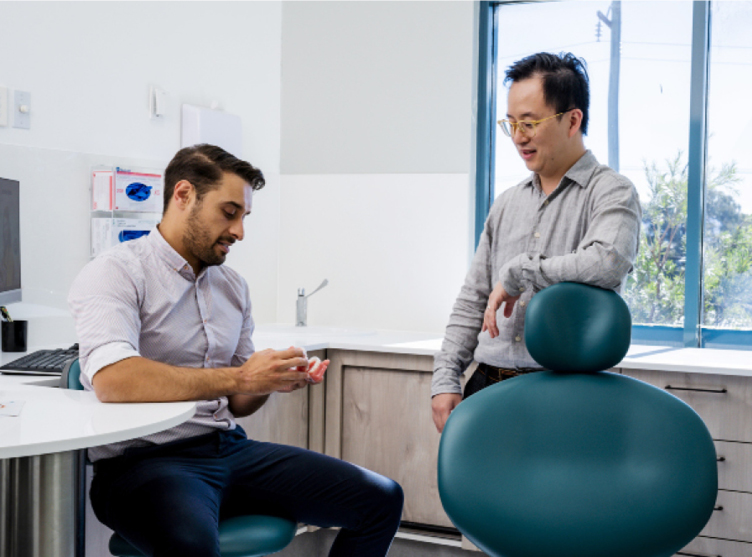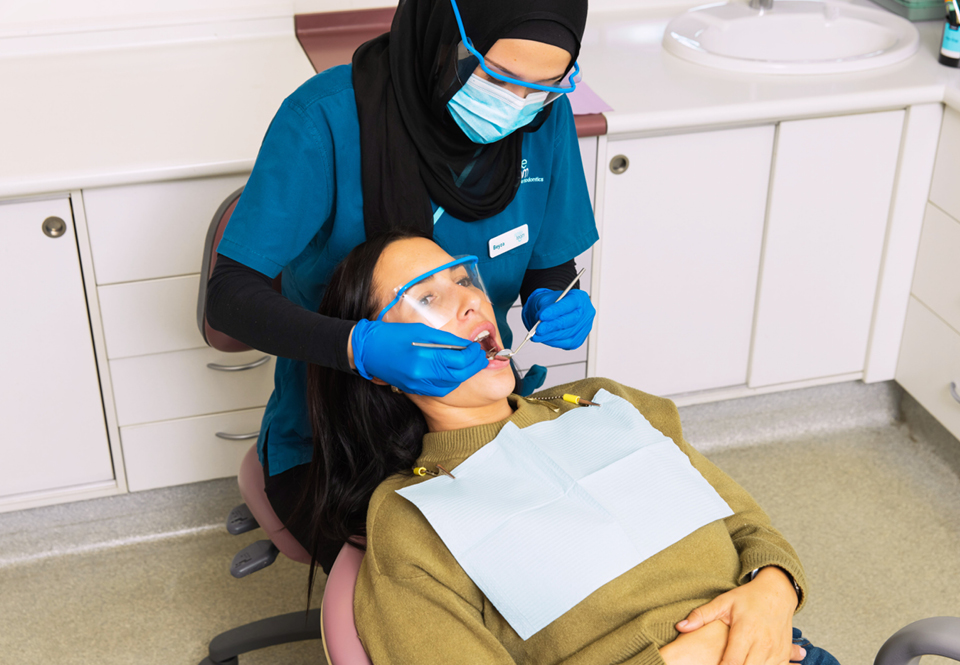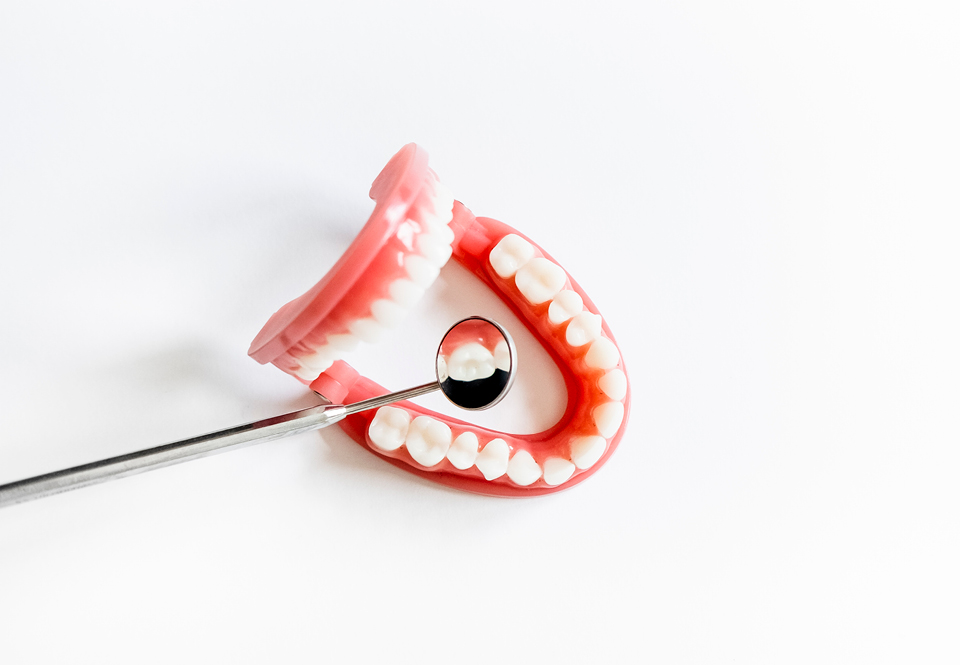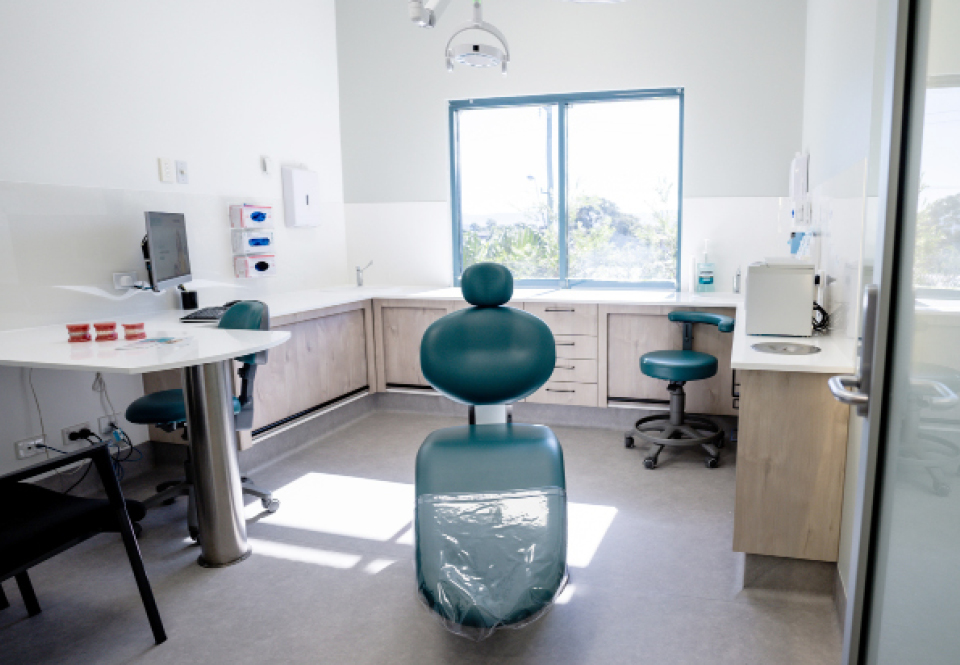
Removal of wisdom teeth is a typical dental procedure. Wisdom teeth are the third molars located in the back of the mouth where it can be difficult to clean. In some cases, the wisdom teeth can crowd and then impact teeth nearby. That’s why many opt to remove them with the help from their dentist.
If you’re considering wisdom teeth removal, it’s essential to understand the procedure and what to expect afterwards. This article will give you information about what to expect before, during and after wisdom teeth removal.
Why do you need to remove a wisdom tooth?
A wisdom tooth may get stuck or develop at an angle if there is not enough space to come through usually, we call this an impacted wisdom tooth. If left untreated, this can affect your overall oral health.
If a wisdom tooth doesn’t come in properly or there isn’t enough room in your mouth, it can cause complications. Impacted wisdom teeth can cause infection, pain, inflammation and other issues. In these situations, your orthodontist may recommend removing the impacted wisdom teeth before orthodontic treatment.

Dentists may recommend the removal of wisdom teeth as a precaution because they can cause long-term problems, like:
- Developing tooth decay or gum disease
- If wisdom teeth are impacted, you may develop and infection around the gum
- It may harm nearby teeth
- The impacted tooth may have a build-up of bacteria and plaque around it
- In rare cases, before the tooth erupts, there’s a possibility that the sack of tissue around the tooth can grow into a cyst.
If you have wisdom teeth, your dentist will monitor them to ensure they’re not emerging incorrectly and not causing any problems. If you don’t have impacted wisdom teeth, you don’t need to do anything special to care for them. Just keep your mouth healthy.
When do you need a wisdom tooth removal?
For many, their wisdom teeth grow normally and they won’t cause any problems. So some people choose to keep their wisdom teeth. For others, it’s worth considering wisdom tooth extractions as their development can eventually lead to serious dental problems depending on your dental history.
Most people have their wisdom teeth removed because they are crowding or damaging other teeth in the mouth. Impacted wisdom teeth may also cause pain, gum disease, and infection. These are some of the reasons one may have a wisdom tooth removed.
Infection or cavities
Wisdom teeth usually become infected and develop cavities because they are located in the back of the mouth and are difficult to clean. You may experience pain, swelling, and difficulty opening your mouth when there is a build-up of cavities in your impacted tooth.
Lesions
One common problem with wisdom teeth is the development of lesions. Lesions are small, round or oval-shaped growths that can form on the gums near wisdom teeth. While most lesions are benign or noncancerous, some may be precancerous or cancerous.
Damage to nearby teeth
When your wisdom teeth come in, they could cause damage to your other teeth because they are typically larger and can push on your other teeth if there is not enough space. Impacted wisdom teeth may eventually lead to tooth decay, gum infection, and other dental problems.
Jaw Damage
Wisdom teeth can grow at an angle, which can lead to jaw damage. They may also cause pain and swelling because of infection. In rare cases, cysts can form around the new teeth that can hollow out your jaw and damage nerves.
Surgery Procedure
Wisdom teeth extraction is the process of removing one or more wisdom teeth. Removal of impacted wisdom teeth falls under the speciality of oral and maxillofacial surgery.
Oral and maxillofacial surgeons may even recommend tooth extraction if the impacted wisdom tooth isn’t currently causing problems. The surgery usually takes 30 to 60 minutes as an outpatient procedure, depending on how many wisdom teeth are being removed and the severity.

Wisdom Tooth Extraction Procedure
Depending on how complex the tooth extraction is, you may or may not need to go under anaesthesia. In cases that you do need a general anaesthetic, you can usually go home the same day. Anaesthesia helps ease pain during the wisdom tooth extraction and the following kinds are usually available:
- Local: Your general dentist or oral surgeon will numb your mouth with local anaesthetic. You’ll remain awake when under local anaesthetic and you won’t be able to experience pain, but you’ll feel some pressure and movement,
- Sedation: Sedation anaesthesia injects through an intravenous (IV) line in your arm. It will be painless, and you will have limited memory of the surgery. It suppresses your consciousness during the procedure. You might sleep during the whole process.
- General: In special situations, they will give general anaesthetic through a vein or through a mask. This type of anaesthetic puts you in a sleep-like state of unconsciousness where you don’t feel pain. The medical team will closely monitor your medication, temperature, breathing, fluids and blood pressure during the wisdom teeth extractions. The surgery will be painless, and you will have no memory of the procedure.
Wisdom teeth can be harder to extract than regular teeth, but not always. It depends on the tooth’s position and whether it’s fully erupted through the gum or not. If it is, you may require stitches if your dentist has to cut into your gum tissue. In general, upper wisdom teeth are usually easier to remove than lower ones.
If you have local anaesthesia during the surgical extraction, your brief recovery time is likely in the dental chair in a dental clinic. If you receive sedation anaesthesia or general anaesthesia, a medical team will take you to a recovery room after the procedure.
How long does it take to recover?
Recovery time can vary patient to patient, with most people recovering from wisdom tooth extraction within a few days to a few weeks. However, some people may experience more discomfort or take longer in their healing process after more difficult extractions. Recovery time can also vary depending on how many teeth and the type of extraction (simple or surgical). Always follow your dentists advice for aftercare, however listed below are things to promote healing after surgery.
Bleeding gums
Excessive bleeding may occur the first day after the removal. Try to refrain from excessive spitting so that you don’t dislodge the blood clots. Replace gauze over the extraction area as directed by your dentist or oral surgeon.
Pain management
You may experience mild to severe pain after the surgery but should be able to tolerate it with over-the-counter medication or a prescription from your oral surgeon or dentist. Holding a cold pack to the area may relieve pain and jaw stiffness.
Swelling and bruising
Any swelling of your cheeks typically improves within two or three days. Bruising may take more days to recover. Your dentist or surgeon may instruct the use of an ice pack.
Activity
Rest on the surgery day and resume normal activities the next day. Avoid complex activities that might loosen the blood clot in the extraction site for at least a week.
Beverages
Dentists or oral surgeons suggest drinking a lot of water after the surgery and not with a straw because sucking may dislodge the blood clot. Don’t drink caffeinated, alcoholic, carbonated or hot beverages in the following 24 hours after surgery.
Food
Consume only soft foods in the 24 hours after surgery. Please refrain from eating chewy, hard, hot or spicy foods as they delay healing because they might irritate the wound or get stuck in the socket.
Oral Hygiene
Typically, dentists will tell you to brush your teeth only after 24 hours from surgery. Don’t spit, brush your teeth, or rinse your mouth before. Be gentle near the wound when brushing. Use warm salt water every two hours for rinsing and after meals for a week.
Stitches
You may have stitches that dissolve within a few weeks or no stitches at all. Schedule an appointment to have them taken out if you have one.
Where can you get wisdom teeth removal?
If your wisdom teeth are healthy, removal may not be required. Maintaining good oral hygiene is enough. Regular dental checkups allow your dentist to monitor your wisdom teeth and recommend treatments if needed.
If you need some advice on your smile, our team at Smile Team Orthodontics is ready to assist you across Sydney with your orthodontic needs, with clinics in Wollongong, Shellharbour, Southern Highlands (Bowral) and Parramatta.

